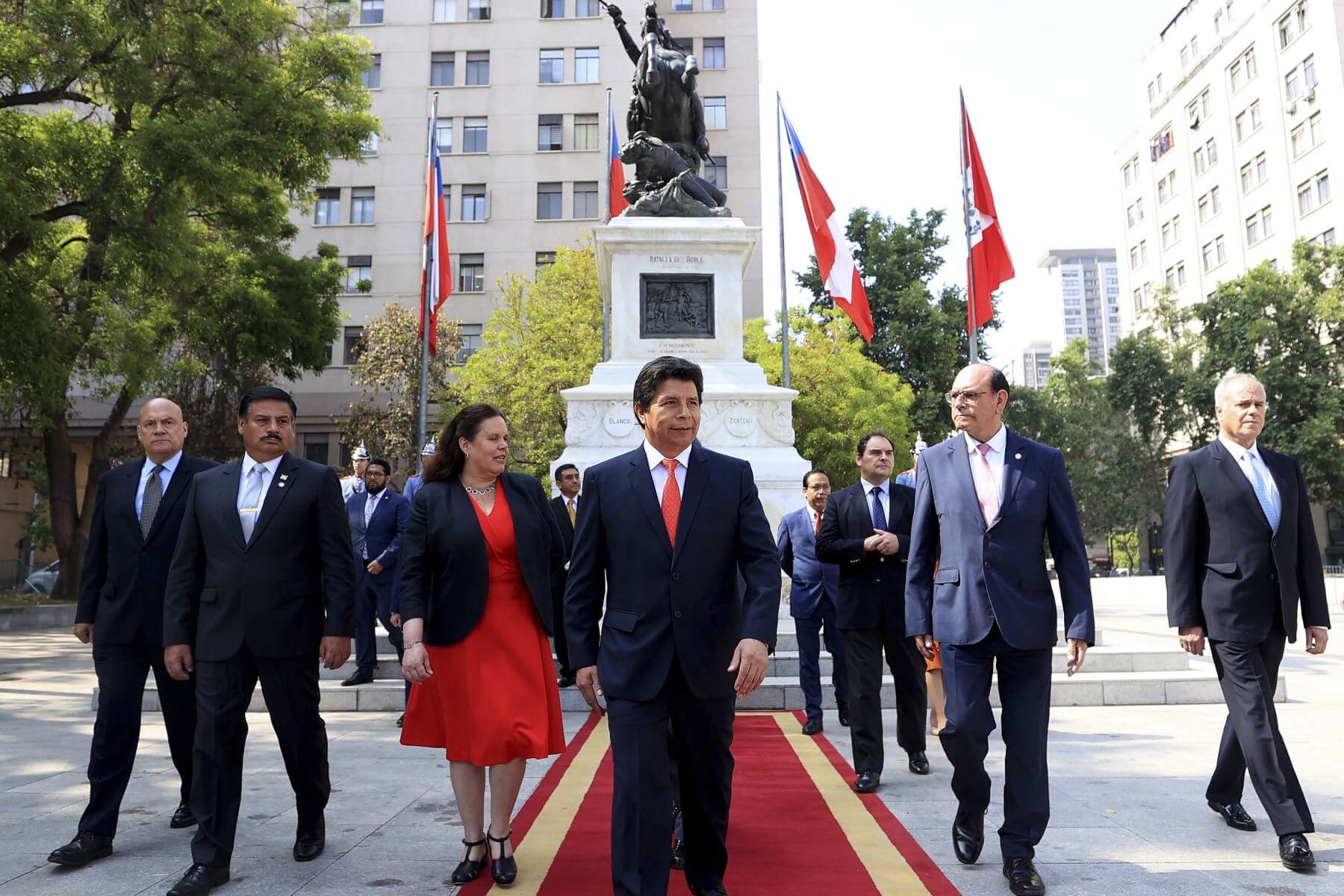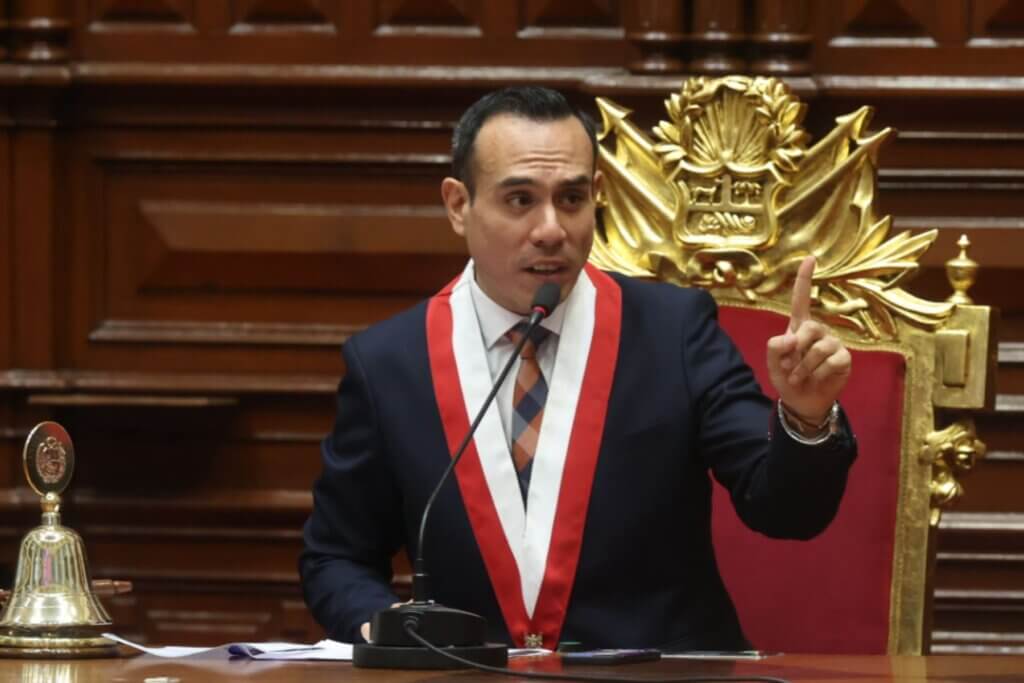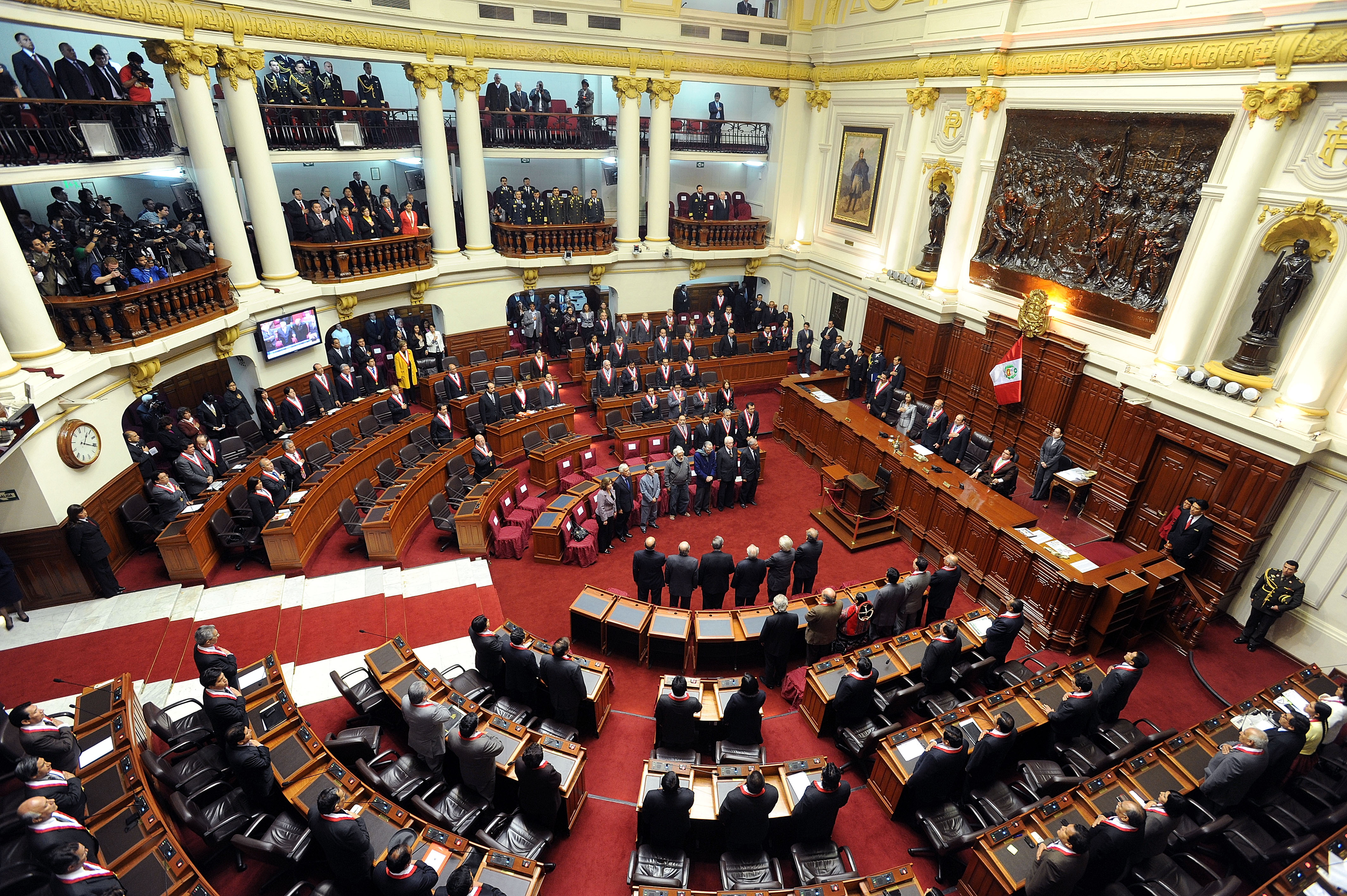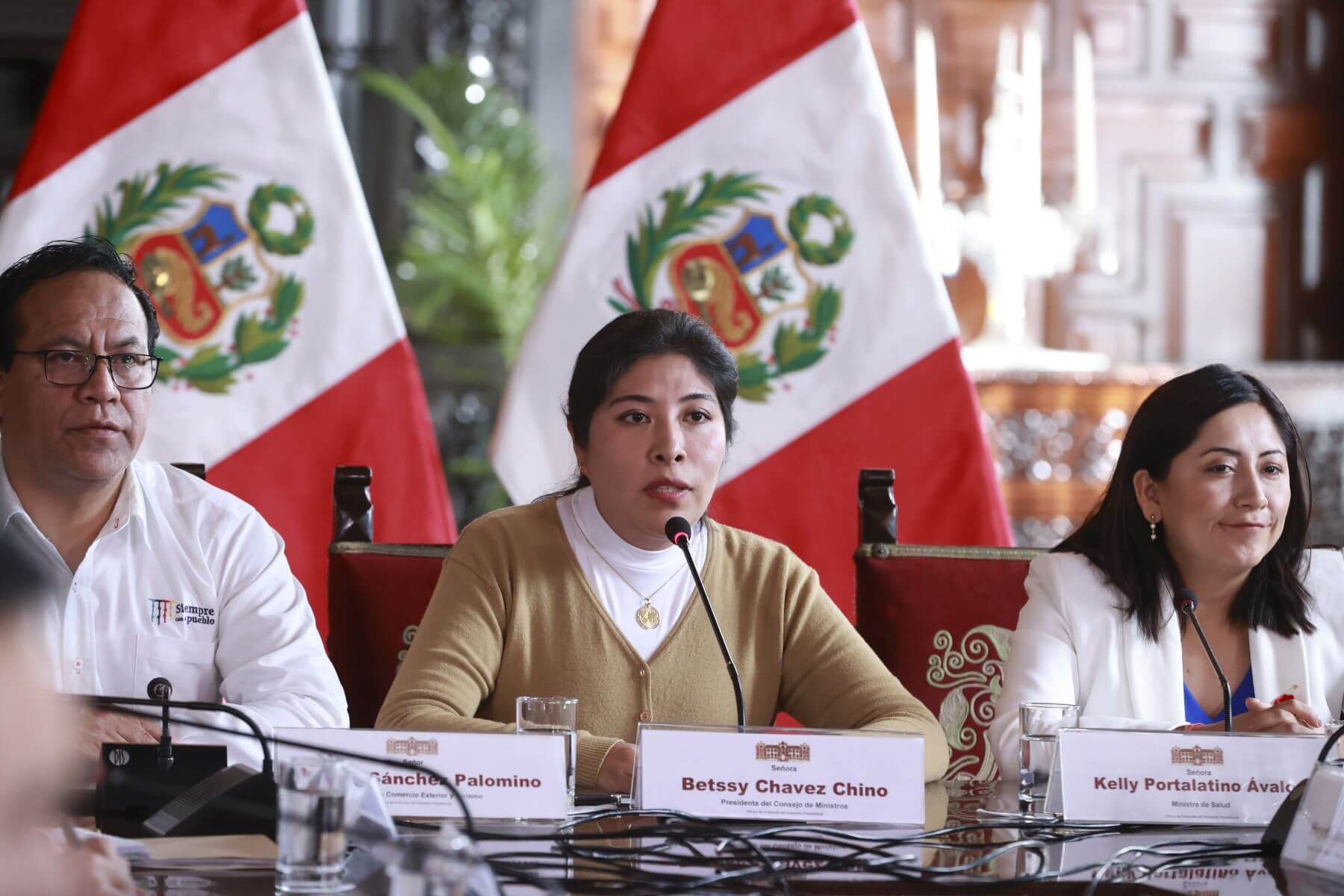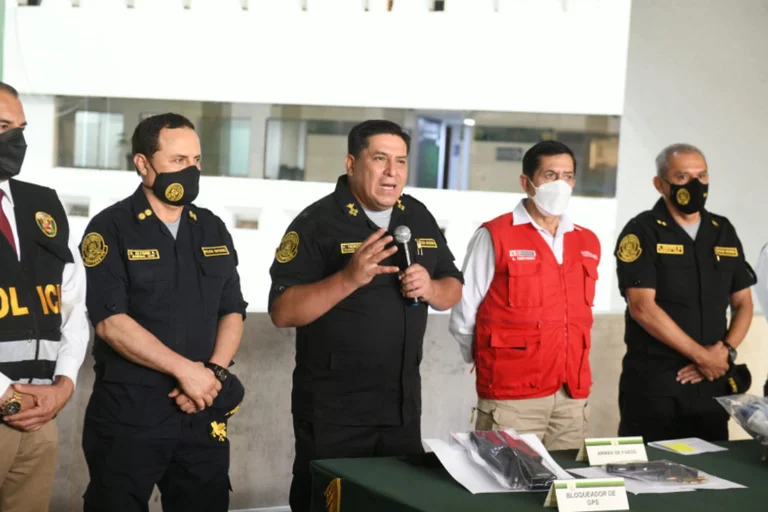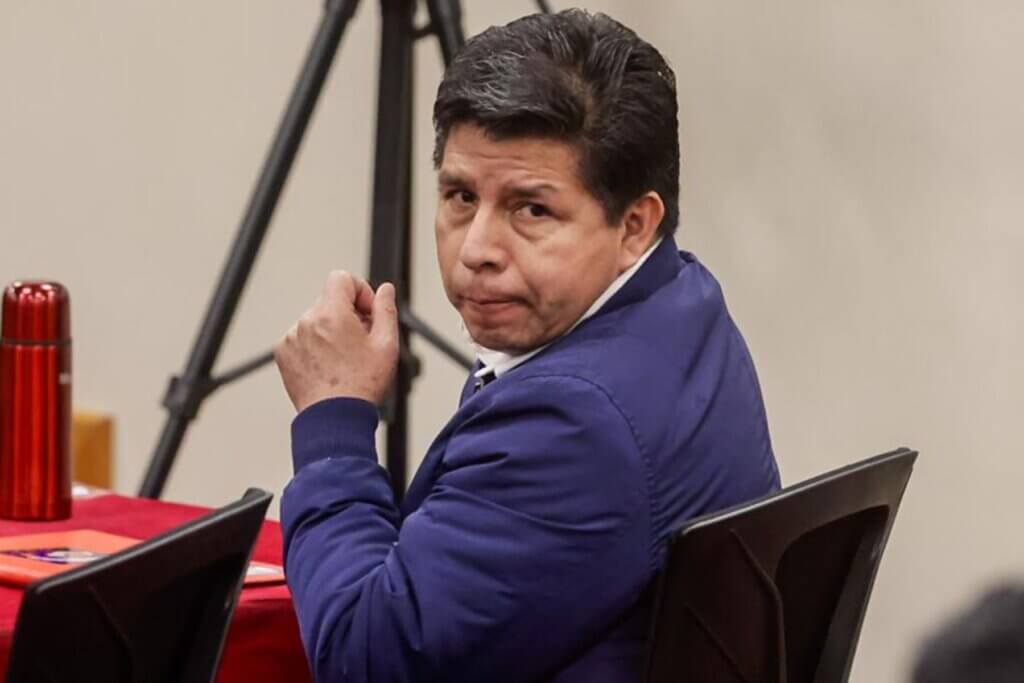Lima, Peru — Tensions between Peru’s President Pedro Castillo and his opposition in congress are reaching a boiling point — one that could affect the health of the country’s democracy.
On Thursday night, a special commission from the Organization of American States (OAS) that was invited by the president to evaluate the country’s political stability, submitted an initial report finding “high democratic instability” and “high polarization between State powers” in Peru.
The president and congress are in a standoff and two scenarios are unfolding which could potentially shut down the government: One involving the impeachment of the president, and a scenario where Castillo could dissolve congress by calling for a vote of no confidence.
“Now it’s about who draws first,” former President of Peru’s Constitutional Court Ernesto Álvarez told Peru Reports.
The impeachment scenario
On Thursday, a motion to impeach the president submitted by Congressman Edward Málaga was approved for debate in congress.
The motion claims that the president is morally unfit to hold office due to his “strong signs of corruption.” Castillo is currently being investigated by the Public Ministry for allegedly leading a corruption ring within the government and he has beat two previous impeachment attempts in congress since taking office 16 months ago.
Álvarez said he sees the impeachment attempt as a “perfect constitutional solution (to the political crisis)” given the allegations of corruption against the president.
If Castillo is impeached, he could be tried as an ordinary citizen for the crimes he is accused of committing.
Some legal experts have raised concerns in recent years about how the clause allowing congress to impeach a president for being “morally unfit” is being manipulated as a political weapon that’s destabilizing the relationship between the executive and legislative branches of government.
The last time this happened was recently, in 2020, when Peru’s congress impeached former President Martín Vizcarra for being morally unfit to govern and he was removed from office.
Calling a vote of confidence to potentially dissolve congress
Another scenario exists in which Peru’s democracy could be disrupted.
In the country’s constitution, Article 134 allows the president to dissolve congress if legislators twice decline to votes of confidence presented by the president or his cabinet.
In November, former Prime Minister Aníbal Torres called on congress to hold a vote of confidence on a bill that sought to repeal a law limiting the use of referendums.
On November 24, the president of Peru’s congress, José Williams, announced that the vote of confidence requested by Torres would not be debated in congress. The prime minister resigned in protest.
According to Reuters, if congress had gone forward and issued a no confidence vote, Torres and the entire cabinet would have been forced to resign. But then an incoming cabinet could call for a second confidence vote, and if denied, the president could dissolve congress and hold new congressional elections.
The former president of Peru’s Constitutional Court told Peru Reports that Castillo is using the “vote of confidence as a weapon to frighten congress.”
“The government wants to convene a fabricated Constituent Assembly and is willing to dissolve congress, even against the legal system,” he said.
On November 25, Peru’s Executive Branch issued a document claiming the vote of confidence was denied by congress. Congressman Williams responded in a video message and said that Castillo doesn’t have the power to interpret decisions of the legislature and said “all constitutional tools will be used for the defense of congress.”
That same day, President Castillo named Betssy Chávez his new Prime Minister.
As Prime Minister, Chávez is required to appear before congress within 30 days to request a vote of confidence and formally take office.
If the vote of confidence is denied, Castillo’s administration could consider this a second vote of confidence denied by congress and take action to shut the body down.
The new Prime Minister has said she doesn’t intend to use a vote of confidence to shut down congress, telling state media, “We do not intend a second vote of confidence to close congress. We are going (to congress) to build bridges of dialogue. The citizens have elected a government and a parliament until 2026.”
Álvarez, however, predicts that President Castillo will “attempt a new vote of confidence” in order to shut down congress.
“Some leftist congressmen will support the presidential suspension and the constitutional impeachment, trying to defend their seats, while the majority (in congress) will try to defend Peru’s agonizing democracy,” he said.


